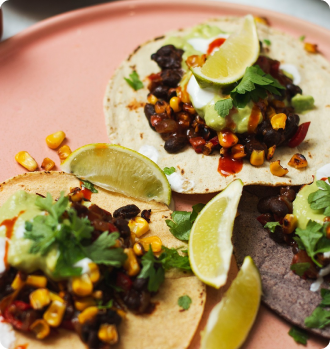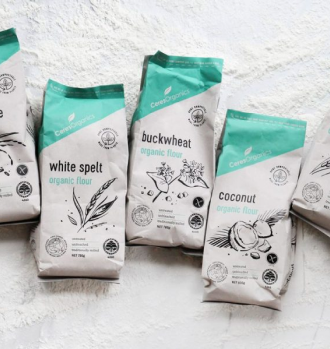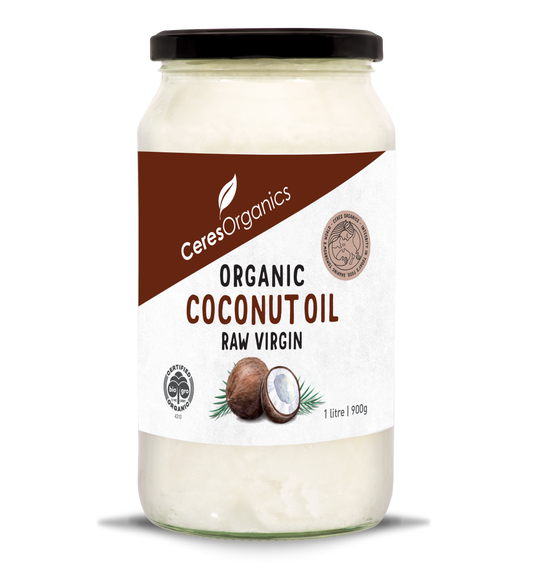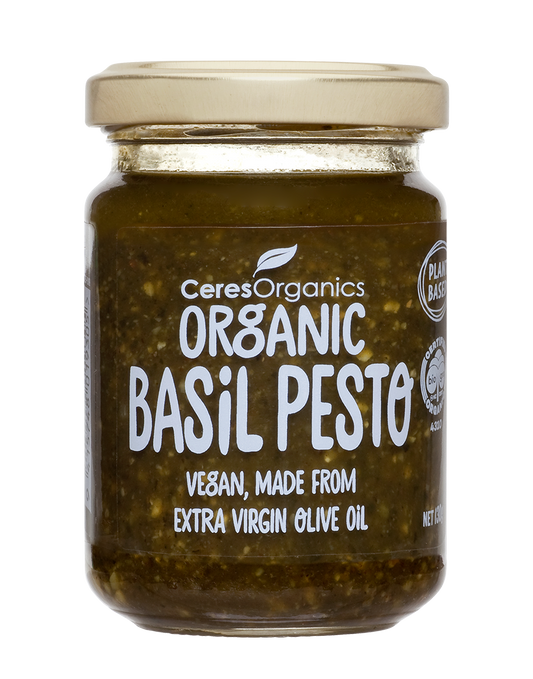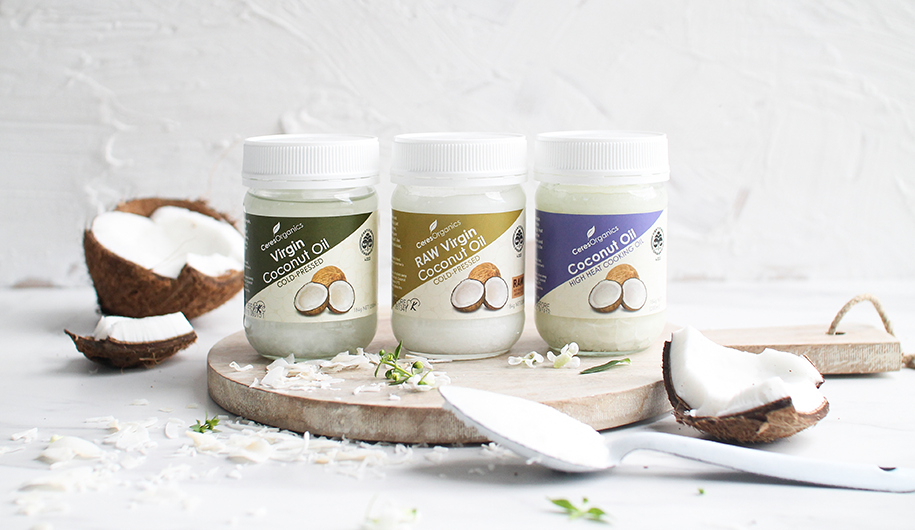
Research has shown that dietary fat can be good for us in multiple ways – look at coconut oil! But which ones should you add into your diet and why? We take a look at how you can add more healthy fats into your diet and how to avoid the not so good ones!
There’s still a lot of confusion surrounding fats, but you know – it’s hard to shake off a bad reputation. It was the 80’s, low fat was the thing. However, when disease rates kept on - and the science was saying otherwise, it was only then a paradigm shift began to surface.
And since, scientists have challenged the efficacy of the low-fat diet – thing is we need fats. Fats help us digest fat-soluble vitamins like A, D, E, and K to keep our brains, cells, hormones, tissues, hair, skin, and nails healthy.
They also provide the structural component to many cell membranes which are essential for cellular development, and insulate our organs, maintaining our core body temperature – all pretty important functions.
Here we break down the most common ones, monounsaturated, polyunsaturated, saturated and trans fats – because not all fat is equal.
Monounsaturated fats
Monounsaturated fats are generally considered good for us as part of a balanced diet – you know, the Mediterranean kind. The Mediterranean Diet is characterised by the balanced use of foods rich in fibre, antioxidants and unsaturated fats - designed to reduce dietary animal fat consumption - with some sort of physical activity of course.
Several decades ago Dr Ancel Keys published the Seven Countries Study, linking the consumption of dietary fat to coronary heart disease – really for the first time. This study served as the basis for nearly all of the initial scientific support for the Cholesterol Theory – and dietary guidelines. The research was also naturally attracted much debate so if you want to learn more about how the Mediterranean diet emerged as the diet of the 90’s, start here.
So back to the monounsaturated fats. They also contain vitamin E, an antioxidant that helps protect your body from stress and damage from free radicals – that lead to aging and disease, neither of which we want in our lives, so eat more antioxidants!
You’ll find monounsaturated fats in olives, nuts, seeds, and fresh avocados as well their plant-based oils such as olive, peanut, canola, and sesame. So drizzle your salads with a little olive oil and lemon juice for a super simple dressing and of course keep on with the avocado on toast!
Polyunsaturated fats
You’ve probably heard of omega-3 and omega-6 fats, these are polyunsaturated fats. Polyunsaturated fatty acids are essential fatty acids – ‘essential’ because your body cannot make them. You need to get these fats from your food and you need to keep these two fats in balance. Here’s how to get them.
You’ll find them in: salmon, trout, soybeans, walnuts, flaxseeds, chia seeds, tofu, and sunflower seeds. So make yourself some pesto, or a chia pudding to get more omegas in your life.
Saturated fats
There’s conflicting science, saturated fats are very controversial right now. Much of the earlier work – like that of Keys, focused on proving high fat diets meant high cholesterol levels and higher risk of cardiovascular disease. But even in the 1950’s people were not convinced.
This podcast with Dr Chris Kresser – an expert on the topic of cholesterol and its relationship to heart disease is a good listen if you’re keen to know more.
You’ll find saturated fats in meat and dairy products – and the infamous coconut oil.
The exception, coconut oil
The fatty acid composition of coconut oil is well established, it's 92.1% saturated fatty acids. Unlike long chain fatty acids - the majority of fats in our diet, medium chain triglycerides are much easier for our bodies to break down before getting rapidly absorbed and used for energy. For more on coconut oil and 20 ways you can use it, check out this post here.
Trans fats
Trans fats, also known as partially hydrogenated oils are fats that have been damaged by the process of hydrogenation. They are not found in nature, and have no health benefits – so as you would expect, are common in highly processed foods - junk and fast foods.
The Food and Drug Administration (FDA), back in 2013, released a statement stating trans fats were no longer “generally recognised as safe”. The FDA then opened a 60-day consultation period on a plan which would gradually phase out trans fats.
Since then, no longer generally recognised as safe, the FDA banned artificial trans fats to remove these artificial fats from the American food supply.
This doesn't mean all trans fats will disappear – they also occur naturally in small amounts in certain meat and dairy products - think red meat and butter fat. But the scientific community still debates whether natural trans fats have the same cholesterol-raising effect as the artificial kind.
Here in New Zealand there is no ban on trans fats. The Ministry for Primary Industries in New Zealand said there was no need to regulate or ban trans fats, you can read more about that here in a 2014 statement.
How much fat do I need?
We’ll finish up with a mini-disclaimer here, because we are all different, and answer is it depends. Dietary recommended guidelines are just that – guidelines. Just be sure to do your research and check in with your health care professional if you have concerns!

